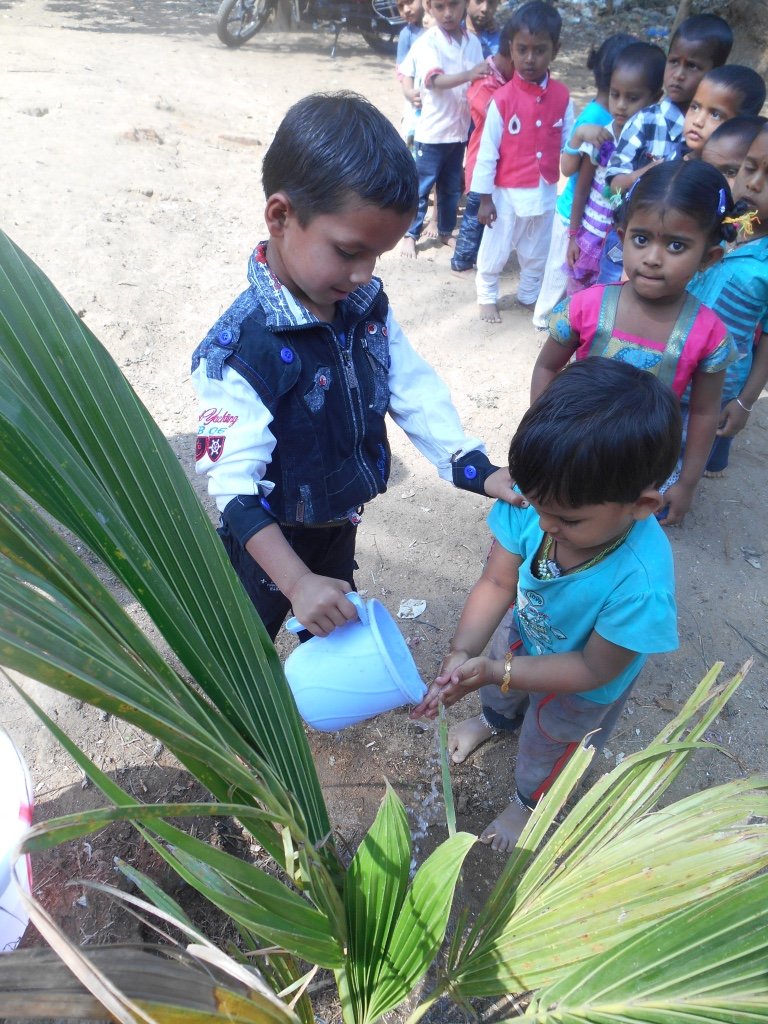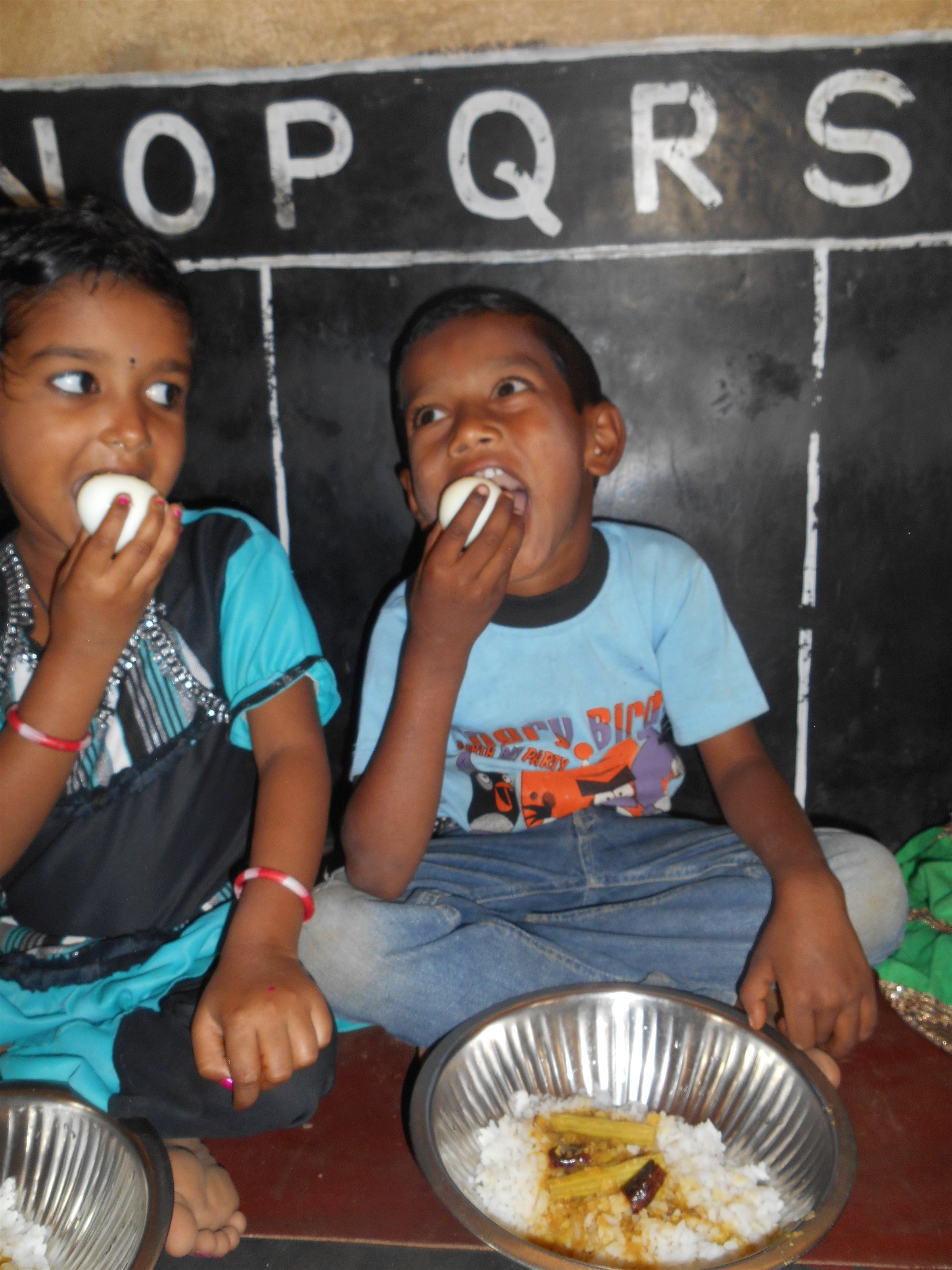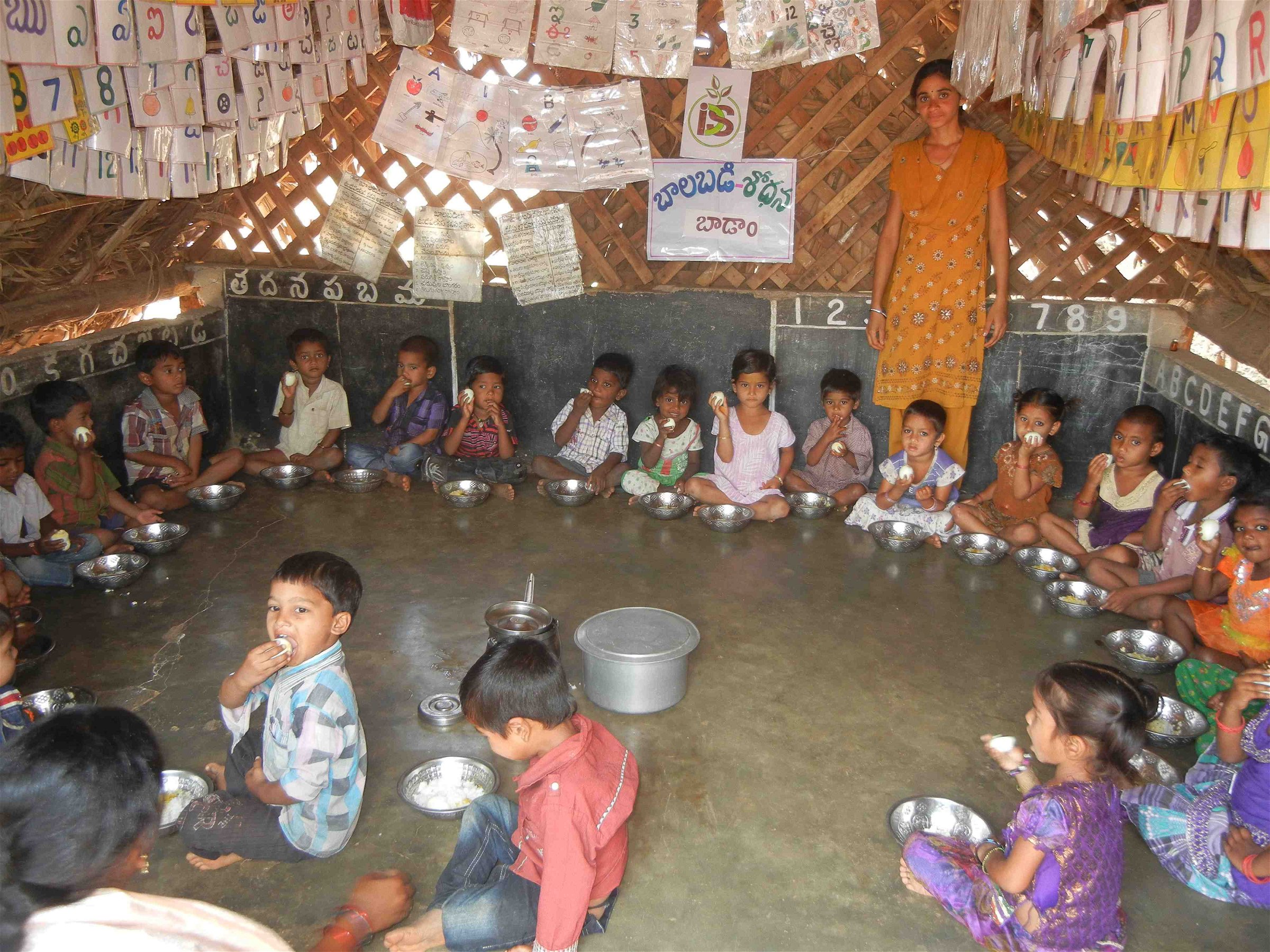Project: Preventive Health Care for Self-Help Groups
Location: Eight panchayat villages in Cheepurupalli District, Andhra Pradesh
Category: Education and Health Care
Village Health Clinics Succeed
Sodhana Charitable Trust reported better-than-expected outcomes this year. Initially, the plan was simply to provide education and training to achieve the following goals:
- Provide access to quality health services at the village level
- Transfer medical knowledge to local villagers
- Reduce villagers’ dependency on fraud RMPs (Registered Medical Practitioners) and corrupt MDs
- Reduce villagers’ spending on unnecessary diagnostic tests and medicines
- Help villagers take advantage of health schemes provided by the government
- Above all, emphasize prevention rather than providing treatment for symptoms
However, with help from the 2017 funding from IDS, the project exceeded its goals. The staff came with some expectations: they’d assumed, for example, that infant mortality was an important issue and that malaria and other infectious diseases would be common.
Sodhana discovered, though, that villagers wanted treatment in the form of medication for common conditions like respiratory ailments, gastro-intestinal disorders, hypertension, osteoarthritis, and allergies. In addition, despite expectations to the contrary, mothers and children were relatively healthy. Last year’s survey of the SHG (self-help group) members revealed more about the village health status. It turned out that most women were anemic, hypertension and diabetes were common in both men and women over 45, and most people in this age group also suffered from chronic osteoarthritis. In addition, unscrupulous RMPs were misguiding villagers and causing them financial and psychological burdens. Unnecessary tests were ordered at patients’ expense, and some prescribed medication was causing many unwanted side effects.
To correct this situation, Sodhana developed the concept of health clinics. A certified MD selected and trained Sodhana volunteers about how to recognize and treat basic health ailments. The volunteers were given medical kits containing 15 basic drugs; these kits stayed with the volunteers in their villages. Once a month, the doctor would visit each village and, with the help of the health volunteer, conduct a health clinic. During the hours of the clinic, anyone in the village could walk in to be seen for treatment and/or advice.
These health clinics enhanced the health volunteers’ practical medical knowledge and strengthened their confidence. During the remainder of the month, the health volunteers would identify and treat basic illnesses in villagers; more serious ailments would be referred to a local hospital. The health volunteers provided follow-up care to villagers who’d visited the health clinics, monitoring progress and making sure patients visited hospitals when necessary. The volunteers also checked on eligibility for government health benefits and helped villagers take advantage of these benefits.
Once a month, Sodhana conducted a meeting with all health volunteers to provide a forum for discussion and resolution of any issues that came up that month. Awareness meetings and campaigns about various health issues were conducted periodically by the health volunteers and SHG members.
This project now serves 16,000 villagers. The health volunteers take advantage of existing infrastructure (e.g., school buildings which are vacant during the evening) to conduct health clinics and deliver services at a low cost. One of the unexpected benefits is that one of the health volunteers was able, after her training, to identify hypertension in her father-in-law. Proper monitoring and follow-up has ensured that he’s now healthy and, as a bonus, he is proud of his daughter-in-law’s status in the village and now listens to her advice!
IDS Coordinators: Joanna Drew and Sameer Prasad
Project Managers: Dr. P.D.K. Rao and Dr. Harish Borra
–2017 IDS annual report
In collaboration with Sodhana Charitable Trust, IDS provided management in 2016 for a project that provides preventive health care to SHG (self-help group) members. This primary, flexible, and reliable care system focuses on prevention rather than treatment and helps save the villagers money and time.
After studying various health care models, Sodhana developed the concept of health clinics. Sodhana’s health clinics are designed to:
- offer villagers access to high quality and conveniently located health services;
- transfer primary medical care knowledge to villagers;
- minimize the dependency of villagers on the services of unqualified Registered Medical Practitioners (RMPs) and corrupt medical doctors;
- reduce villagers’ spending on unnecessary diagnostic tests and medicines;
- take advantage of government health schemes.
Ultimately, the goal of the health clinics is to emphasize the benefits of disease prevention over symptomatic treatment.

This project serves eight villages in Vizianagaram, where most of the villagers earn their living by working as daily wage laborers. Villagers benefit from the health clinics, which provide a reliable health care system; villagers can visit a doctor or health worker who is qualified to prescribe and dispense medication for simple ailments. By taking this preventive approach, it’s possible to deliver quality primary health services at a low cost.
The preventive health care model pioneered by Sodhana is helping to reduce the financial burden on the SHG members and villagers by:
- avoiding diagnostic tests and medication;
- offering access to health clinics in their own villages and at times convenient to them, reducing travel costs;
- reducing health care expenditures on RMPs and private practitioners;
- decreasing future medical costs by providing preventive health care rather than symptomatic treatments.
In order to obtain health information about women in the villages, Sodhana conducted a health survey during the project year. The survey revealed that many of the women are anemic and also suffer from hypertension; these conditions have the potential to deteriorate into other serious illnesses.
Based on these findings, Sodhana trained volunteers from the villages to provide health care counseling on basic health issues (cold, headache, measuring blood pressure) to members of self-help groups in the villages. The volunteers help raise villagers’ awareness about prevention vs. treatment of symptoms; they also teach villagers the basics of preventive health care and encourage them to implement healthy practices.
The number of people directly and indirectly impacted by this project is 1,069 (SHG members) and 16,925 (village population), respectively. Sodhana is providing preventive health care for the target population at a cost of $6.00 per year/per patient.
IDS Coordinator: Sameer Prasad
Project Manager: Dr. Harish Borra
–2016 IDS annual report
Supplementing Preschool Diets

Dr. P. D. K. Rao, the founder of Sodhana Charitable Trust, is a nuclear physicist who was educated in Hyderabad and the U.S. He returned to India in 1979, after receiving his Ph.D. from Rutgers, and has been dedicated to serving backward districts in Andhra Pradesh for over 40 years.
After another year of funding, IDS is pleased with the results of the Sodhana Charitable Trust nutritional supplementation program in Andhra Pradesh. This program, which provides two eggs per week per child as a supplement to the children’s midday meal at Sodhana’s 24 preschools, has been funded by IDS since 2013.
The children’s height and weight are measured quarterly. Before the intervention, most of them measured, on average, between one and three standard deviations away from the Body Mass Index (BMI) norm, indicating inadequate nourishment per the World Health Organization index.
After two years of intervention, however, we have found that in the majority of the hamlets, preschoolers are now only one standard deviation away from the BMI norm. In some hamlets, measurements actually exceeded the norm.
–2015 IDS annual report
Sodhana Charitable Trust runs preschools for disadvantaged children from 3 to 5 years of age. Children from rural communities would not customarily have an opportunity to attend preschool, but with assistance from the local community, Sodhana built and maintains 24 preschools throughout the districts of Vizianagaram and Srikakulam. The long-term goal for developing schools is to help children from illiterate families gain confidence and to help provide a strong educational foundation before primary school.
IDS began funding the nutrition supplementation program in partnership with Sodhana in 2013. Over the past two years, Sodhana has proven that the addition of two eggs per week to each child’s diet has moved the preschool children at Sodhana’s 24 schools throughout the town of Cheepurupalli in Andhra Pradesh closer to the statistically acceptable World Health Organization standards of height and body weight for children.
In its network of 24 preschools and 18 primary schools throughout Cheepurupalli, Sodhana has created an innovative model that says “no” to homework, textbooks, and blackboards; rather, the curriculum adapts traditional folk songs and other interactive games and infuses them with learning. Their model is extremely effective; the preschool children are able to read and write the alphabet and numbers in two languages, Telugu and English, and recognize colors and even famous historical Indian political figures! Additionally, the Sodhana teachers often make visits to children’s homes to assess their nutrition outside the classroom as well as to emphasize the importance of the parents’ role in their children’s education.
Sodhana believes that parental involvement is essential in fostering children’s development and ensuring that learning continues outside the classroom. This model has proven to be very beneficial for these children, who would otherwise not have the opportunity to attend preschool. The Sodhana preschools provide children with a strong foundation to continue their learning in government schools at age six. IDS’s partnership with Sodhana not only supports their preschool education model, but it does so at a low cost of $7.75 per child per year, greatly impacting the development of these children in their formative years.
–2014 IDS annual report
Prior to 2012, Sodhana had not had the funds to provide the children with sufficient nutrition for their midday meal. Sodhana began its partnership with IDS in 2012 with the goal of serving preschool children a nutritional midday meal twice weekly. With IDS funding, Sodhana purchased eggs for children in 24 schools to supplement their nutrition at a cost of $6 per child for the duration of the school year.

The initial success of the program has been encouraging and, as a result, Sodhana’s Nutritional Supplementation Program will be expanded to include ten additional schools.
IDS is proud of its partnership with Sodhana Charitable Trust and hopeful that extending the program to the ten additional schools will have a positive impact on even more children.
–2013 IDS annual report

